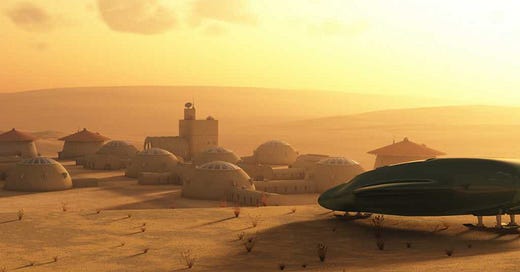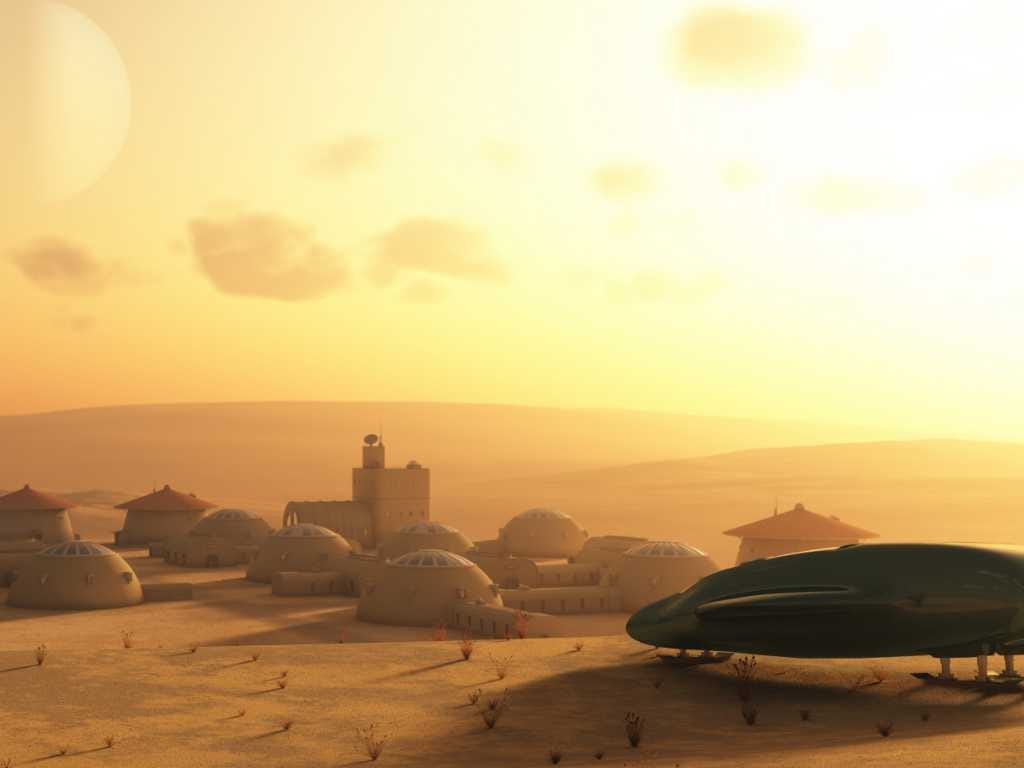Dune and other epic stories
We watched the latest Dune the other night - I’ve read the book and seen earlier movie versions, and I have to say the newest one was excellent (I also really enjoyed the near monochromatic colour scheme as I tend to notice that kind of thing).
Here’s what bothers me about the story (and many other similar stories), it’s epic, about powerful people wielding their power. People have destinies and the lives of millions are at stake.
In Dune the protagonist, Paul, is essentially royal born, plus he has a destiny. He doesn’t have free will and he has very little choice on how his life is going to play out.
Destiny is a common Science Fiction and Fantasy trope - Luke is destined to be a Jedi in Star Wars, Rand is destined to be the Dragon Reborn in Wheel of Time, even Frodo is destined to carry that damn ring to Mount Doom (although it’s really Sam that does much of the carrying). And even Cinder in the Lunar Chronicles by Marisa Myers features a hero that happens to be a lost princess (and a cyborg!). There’s a writing formula for this kind of arc—the Hero’s journey (described by Joseph Campbell a name that comes with a lot of baggage).
But the Hero’s journey is only one type of story structure and not really my favourite. I prefer ordinary people who are pushed out of their normal world. People without a ‘destiny’ but need to make the right choices to solve problem that is important to them.
My new series, Encoded Orbits, features a number of characters that are dealing with exactly that—a problem that is important to them. In this case, the two main character’s daughter has been kidnapped by their military and they want to get her back. No one has a destiny, instead they have choices.
By the way, Fractured Orbits, the first instalment in the Encoded Orbits trilogy is out now and is available direct from me or in any of the usual shops.
As a tangent, I’ve been looking at this story structure: Kishōtenketsu and am itching to try it out in an upcoming novel.




